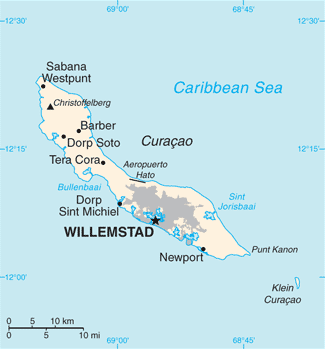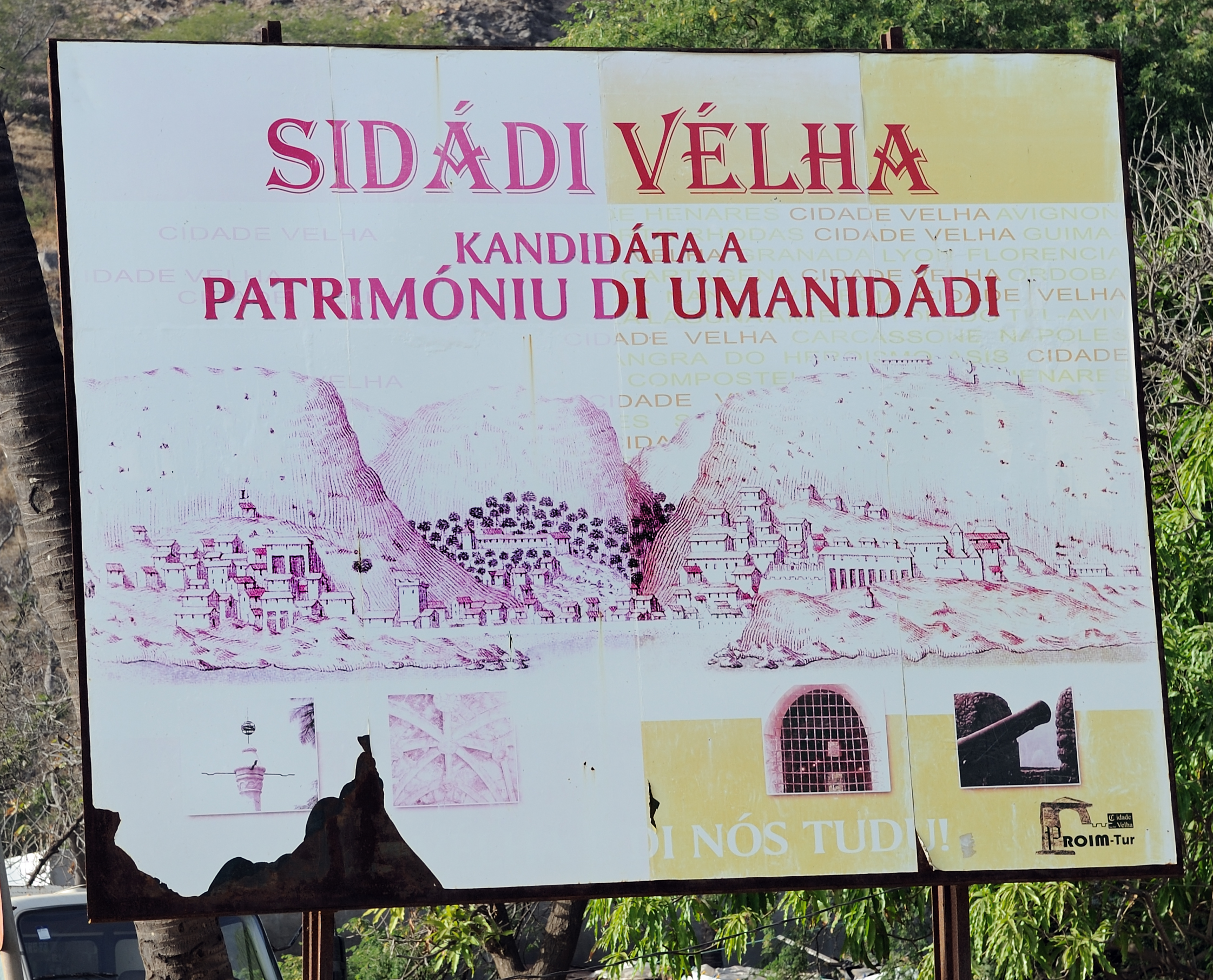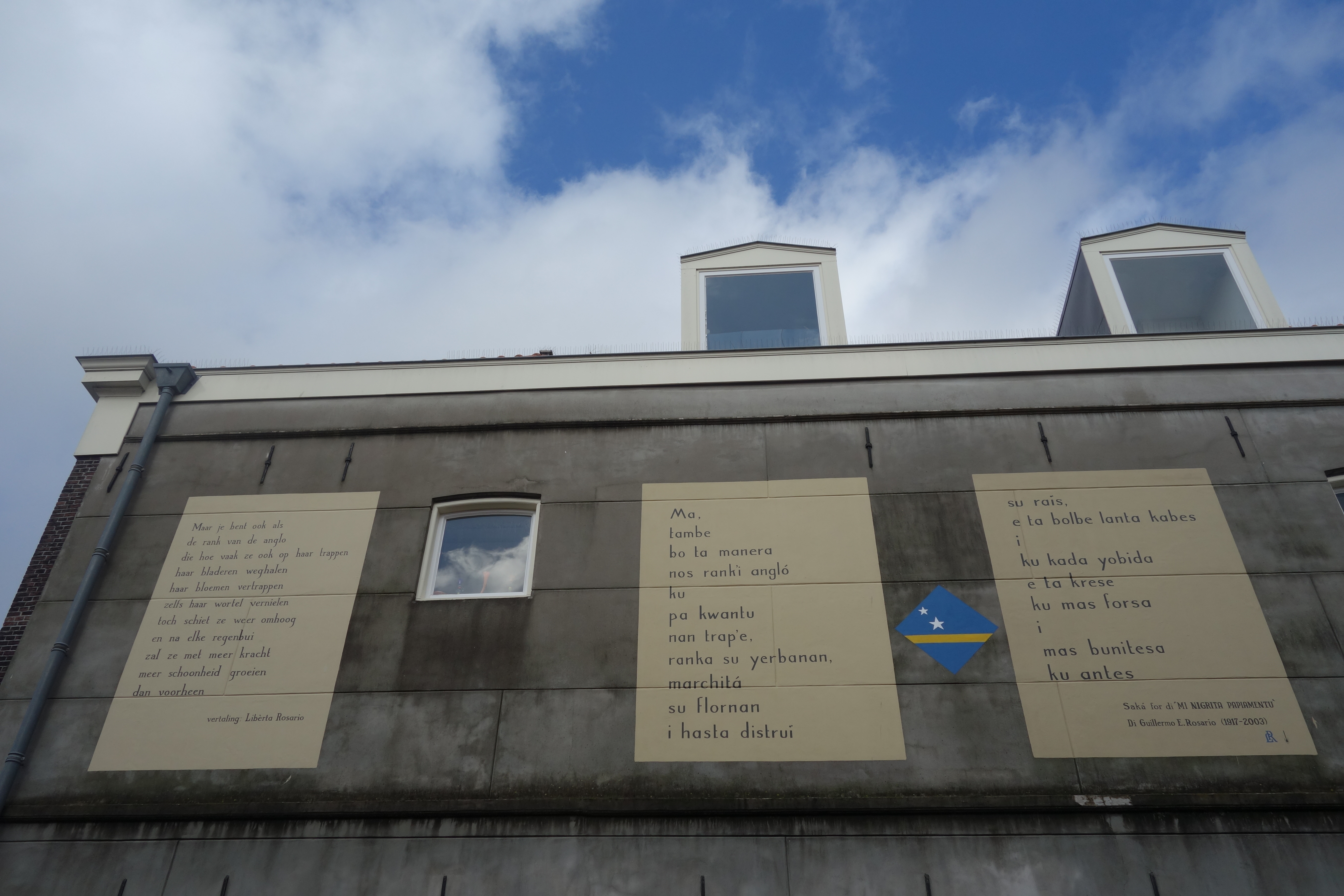|
Dissolution Of The Netherlands Antilles
The Netherlands Antilles was an autonomous Caribbean country within the Kingdom of the Netherlands. It was dissolved on 10 October 2010. After dissolution, the "BES islands" of the Dutch Caribbean— Bonaire, Sint Eustatius, and Saba—became the Caribbean Netherlands, "special municipalities" of the Netherlands proper—a structure that only exists in the Caribbean. Meanwhile Curaçao and Sint Maarten became constituent countries within the Kingdom of the Netherlands, along the lines of Aruba, which had separated from the Netherlands Antilles on 1 January 1986. History Background and Aruban secession movement The idea of the Netherlands Antilles as a country within the Kingdom of the Netherlands never enjoyed the full support of all islands, and political relations between islands were often strained. Geographically, the Leeward Antilles islands of Aruba, Curaçao and Bonaire, and the Leeward Islands of Saba, Sint Eustatius and Sint Maarten lie almost apart. Culturally, ... [...More Info...] [...Related Items...] OR: [Wikipedia] [Google] [Baidu] |
Island Territories Of The Netherlands Antilles
The island territories of the Netherlands Antilles () were the top-level administrative subdivisions of the Netherlands Antilles. The government of each island territory consisted of three major parts: * The island council () – the local parliament, elected every four years. * The executive council () – the executive board of the island territory, comparable to the Dutch provincial executive and municipal executive. * The lieutenant governor () – chair of the island council and executive council, appointed by the Crown for a six-year term. List of island territories See also * Islands Regulation of the Netherlands Antilles * Caribbean Netherlands * Dutch Caribbean References Netherlands Antilles Netherlands Antilles The Netherlands Antilles (, ; ), also known as the Dutch Antilles, was a constituent Caribbean country of the Kingdom of the Netherlands consisting of the islands of Saba (island), Saba, Sint Eustatius, and Sint Maarten in the Lesser Antil ... [...More Info...] [...Related Items...] OR: [Wikipedia] [Google] [Baidu] |
Leeward Antilles
The Leeward Antilles (; ) are a chain of islands in the Caribbean, specifically part of the southerly islands of the Lesser Antilles (and, in turn, the Antilles and the West Indies) along the southeastern fringe of the Caribbean Sea, just north of the Venezuelan coast of the South American mainland. The Leeward Antilles, while among the Lesser Antilles, are not to be confused with the Leeward Islands (also of the Lesser Antilles) to the northeast. Largely lacking in volcanic activity, the Leeward Antilles island arc occurs along the deformed southern edge of the Caribbean Plate and was formed by the plate's subduction under the South American Plate. Recent studies indicate that the Leeward Antilles are accreting to South America. Islands The Leeward Antilles comprise (roughly from west to east): * ABC islands (a part of the Kingdom of the Netherlands) ** Aruba, a constituent country of the Kingdom of the Netherlands ** Bonaire, a part of the Caribbean Netherlands (pub ... [...More Info...] [...Related Items...] OR: [Wikipedia] [Google] [Baidu] |
Aruban People's Party
The Aruban People's Party (AVP; , ) is a Christian-democratic political party in Aruba founded in 1942. AVP is an acronym for the Dutch name of the party. At the 2001 elections in Aruba, elections, on 28 September 2001, the party won 26.7% of popular votes or 6 out of 21 seats. On 23 September 2005, the party won 38% of the popular vote or eight out of 21 seats, making it the largest opposition party of the nation. In the 25 September 2009 election, the party came to power, winning 48% of the popular vote and 12 of the 21 seats. It held a majority in the Estates of Aruba obtaining 13 seats. In the 2017 Aruban general election, 2017 general election the AVP lost four of its thirteen seats in the Parliament of Aruba, with both the AVP and MEP winning nine seats each respectively, neither party had a majority in Parliament, until the formation of the coalition. AVP leader Mike Eman subsequently announced that he would resign the leadership of the AVP and that the AVP would become an ... [...More Info...] [...Related Items...] OR: [Wikipedia] [Google] [Baidu] |
People's Electoral Movement (Aruba)
The People's Electoral Movement (, , MEP) is a social democratic political party in Aruba. Following the 2001 Aruban general election, 2001 general election for the Parliament of Aruba the party won 52.4% of popular vote and 12 out of 21 seats. In the 2005 Aruban general election, 2005 general election, the party won 43% of the popular vote and 11 out of 21 seats thus won the election and remained in power. In the 2009 Aruban general election, 2009 general election, MEP lost 2 seats and won 36% of the vote, subsequently losing the election. In the 2017 Aruban general election, 2017 general election, the MEP won 37% of the vote, and gained a seat. Following the appointment of a formateur, the MEP agreed to form a Coalition government with Pueblo Orguyoso y Respeta (POR) and Network of Electoral Democracy (RED). Following the 2021 Aruban general election, the MEP remained the largest party in parliament and went on subsequently to form a minority government. After the 2021 Aruban ... [...More Info...] [...Related Items...] OR: [Wikipedia] [Google] [Baidu] |
Status Aparte
''Status aparte'' (Latin for "separate state") refers to the special status of Aruba between 1986 and 2010 as a constituent country within the Kingdom of the Netherlands, separate from the Netherlands Antilles to which it belonged until 1986. With the dissolution of the Netherlands Antilles in October 2010, the term ''status aparte'' was no longer used, as the status of Aruba was no longer separate, but rather the norm for all countries within the Kingdom. History Since the 1930s, the call for a greater degree of independence from Curaçao has been heard in Aruba. It wasn't until the 1970s that the call became more apparent with Betico Croes starting a political party (Movimiento Electoral di Pueblo, MEP) and becoming the leader of the Status Aparte movement. The goal was for Aruba to take a separate status in the Kingdom of the Netherlands, Kingdom, apart from the Netherlands Antilles and, after the independence of Suriname in 1975, to become the third constituent country in the ... [...More Info...] [...Related Items...] OR: [Wikipedia] [Google] [Baidu] |
Juancho Evertsz
Juancho Evertsz (8 March 1923 – 30 April 2008), whose full name was Juan Miguel Gregorio Evertsz, was a Dutch Antillean politician who served as the Prime Minister of the Netherlands Antilles between 1973 and 1977. Evertsz was one of the founding members and leaders of the Antilles National People's Party, which is also known by the abbreviation, NVP. He openly opposed a plan to separate Aruba from the Netherlands Antilles as a separate, autonomous entity within the Kingdom of the Netherlands during his tenure as Prime Minister. Evertsz argued that the removal of Aruba from the Netherlands Antilles would undermine the federation of Dutch islands in the Caribbean. Aruba later seceded from the Netherlands Antilles in 1986, but remained within the Kingdom of the Netherlands. Evertsz also openly clashed with Dutch Prime Minister Joop den Uyl and the Dutch Labour Party when the Uyl proposed full independence for the Netherlands Antilles. Evertsz vehemently opposed the proposal. ... [...More Info...] [...Related Items...] OR: [Wikipedia] [Google] [Baidu] |
1969 Curaçao Uprising
The 1969 Curaçao uprising (, ) was a series of riots on the Caribbean island of Curaçao, then part of the Netherlands Antilles, a semi-independent country in the Kingdom of the Netherlands. The uprising took place mainly on 30 May but continued into the night of 31 May1 June 1969. The riots arose from a strike by workers in the oil industry. A protest rally during the strike turned violent, leading to widespread looting and destruction of buildings and vehicles in the central business district of Curaçao's capital, Willemstad. Several causes for the uprising have been cited. The island's economy, after decades of prosperity brought about by the oil industry, particularly a Shell refinery, was in decline and unemployment was rising. Curaçao, a former colony of the Netherlands, became part of the semi-independent Netherlands Antilles under a 1954 charter, which redefined the relationship between the Netherlands and its former colonies. Under this arrangement, Curaçao was st ... [...More Info...] [...Related Items...] OR: [Wikipedia] [Google] [Baidu] |
Curaçao And Dependencies
Curaçao, officially the Country of Curaçao, is a constituent island country within the Kingdom of the Netherlands, located in the southern Caribbean Sea (specifically the Dutch Caribbean region), about north of Venezuela. Curaçao includes the main island of Curaçao and the much smaller, uninhabited island of Klein Curaçao ("Little Curaçao"). Curaçao has a population of 158,665 (January 2019 estimate), with an area of ; its capital is Willemstad. Together with Aruba and Bonaire, Curaçao forms the ABC islands. Collectively, Curaçao, Aruba, and other Dutch islands in the Caribbean are often called the Dutch Caribbean. It is the largest of the ABC islands in terms of area, as well as in terms of population, and is the largest in the Dutch Caribbean. The island's name "Curaçao" may originate from the indigenous autonym of its people; this idea is supported by early Spanish accounts referring to the inhabitants as Indios Curaçaos. Curaçao's history begins with the A ... [...More Info...] [...Related Items...] OR: [Wikipedia] [Google] [Baidu] |
Charter For The Kingdom Of The Netherlands
The Charter for the Kingdom of the Netherlands (in Dutch: ''Statuut voor het Koninkrijk der Nederlanden''; in Papiamentu: ''Statuut di Reino Hulandes'') is a legal instrument that sets out the political relationship among the four countries that constitute the Kingdom of the Netherlands: Aruba, Curaçao, Sint Maarten in the Caribbean and the Netherlands (for the most part) in Europe. It is the leading legal document of the Kingdom. The Constitution of the Netherlands and the Basic Laws of the three other countries are legally subordinate to the Charter. History The first version of the Charter, which described the relationship between the Netherlands, Suriname, and the Netherlands Antilles, was signed by Queen Juliana on 15 December 1954 and effective 29 December 1954. This version lasted for a couple of decades until 25 November 1975, when Suriname became an independent republic. In the Netherlands Antilles, the idea of one state never enjoyed the full support of all the isl ... [...More Info...] [...Related Items...] OR: [Wikipedia] [Google] [Baidu] |
SSS Islands
The SSS islands (), locally also known as the Dutch Windward Islands ( or ), is a collective term for the three territories of the Dutch Caribbean (formerly the Netherlands Antilles) that are located within the Leeward Islands group of the Lesser Antilles in the Caribbean Sea. In order of population size, they are: Sint Maarten, Sint Eustatius, and Saba (island), Saba. In some contexts, the term is also used to refer to the entire island of Saint Martin (island), Saint Martin (which also includes the Collectivity of Saint Martin), alongside Sint Eustatius and Saba. The SSS islands were island territories of the Netherlands Antilles, island territories of the Netherlands Antilles, until Dissolution of the Netherlands Antilles, its dissolution in 2010. Since then, Sint Maarten is a Kingdom of the Netherlands#Constituent countries, constituent country of the Kingdom of the Netherlands, while Sint Eustatius and Saba are Caribbean Netherlands, special municipalities of the Netherlan ... [...More Info...] [...Related Items...] OR: [Wikipedia] [Google] [Baidu] |
Portuguese-based Creole Languages
Portuguese creoles () are creole languages which have Portuguese as their substantial lexifier. The most widely-spoken creoles influenced by Portuguese are Cape Verdean Creole, Guinea-Bissau Creole and Papiamento. Origins Portuguese overseas exploration in the 15th and 16th centuries led to the establishment of a Portuguese Empire with trading posts, forts and colonies in Africa, Asia and the Americas. Contact between the Portuguese language and native languages gave rise to many Portuguese-based pidgins, used as linguas francas throughout the Portuguese sphere of influence. In time, many of these pidgins were nativized, becoming new stable creole languages. As is the rule in most creoles, the lexicon of these languages can be traced to the parent languages, usually with predominance of Portuguese; These creoles are (or were) spoken mostly by communities of descendants of Portuguese, natives, and sometimes other peoples from the Portuguese colonial empire. Until recent ... [...More Info...] [...Related Items...] OR: [Wikipedia] [Google] [Baidu] |
Papiamento
Papiamento () or Papiamentu (; ) is a Portuguese-based creole language spoken in the Dutch Caribbean. It is the most widely spoken language on Aruba, Bonaire, and Curaçao ( ABC Islands). The language, spelled in Aruba and in Bonaire and Curaçao, is largely based on Portuguese as spoken in the 15th and 16th centuries, and has been influenced considerably by Dutch and Venezuelan Spanish. Due to lexical similarities between Portuguese and Spanish, it is difficult to pinpoint the exact origin of some words. Though there are different theories about its origins, most linguists now believe that Papiamento emerged from the Portuguese-based creole languages of the West African coasts, as it has many similarities with Cape Verdean Creole and Guinea-Bissau Creole. History There are various theories about the origin and development of the Papiamento language, and precise history has not been established. Its parent language is surely West Iberian Romance, but scholars di ... [...More Info...] [...Related Items...] OR: [Wikipedia] [Google] [Baidu] |





